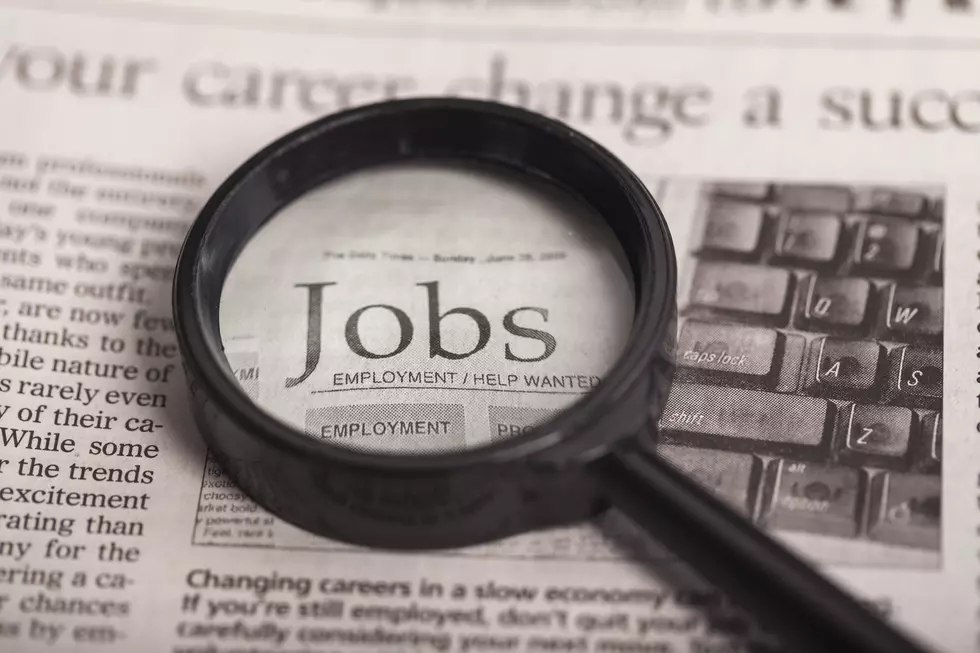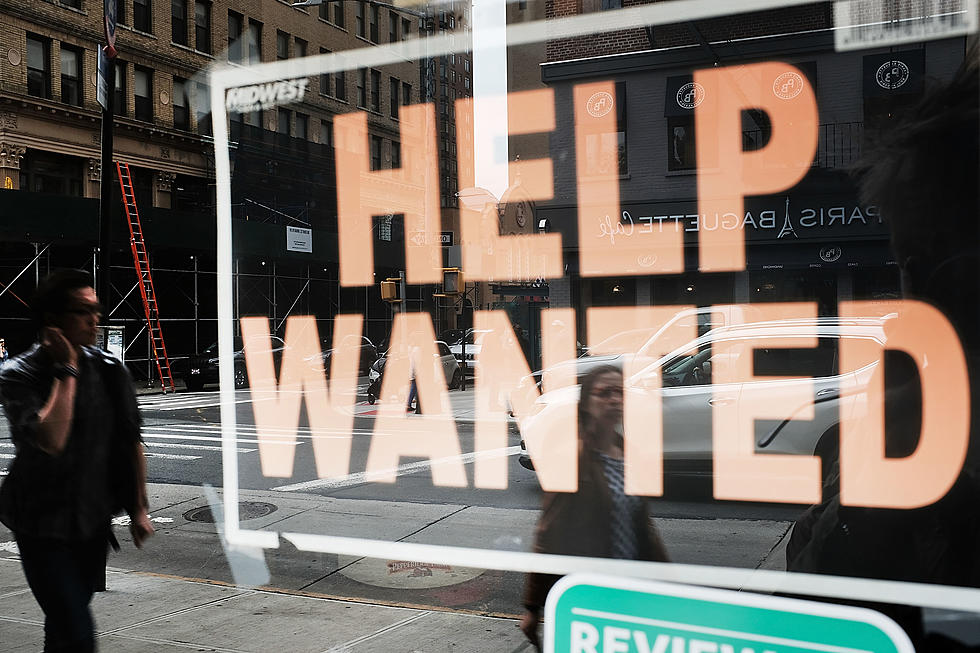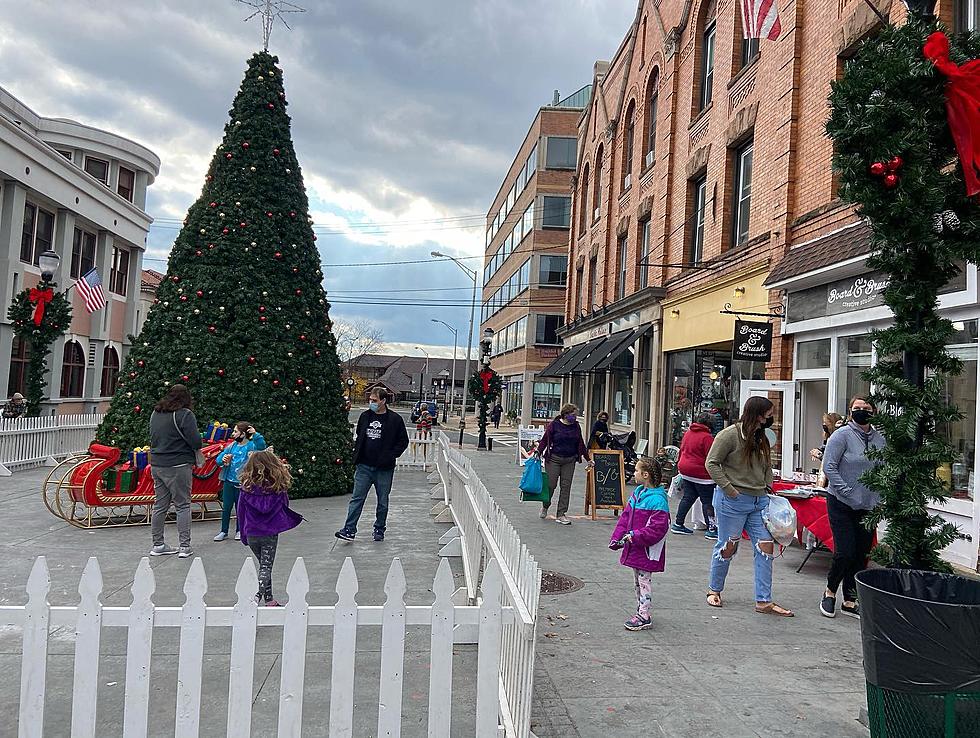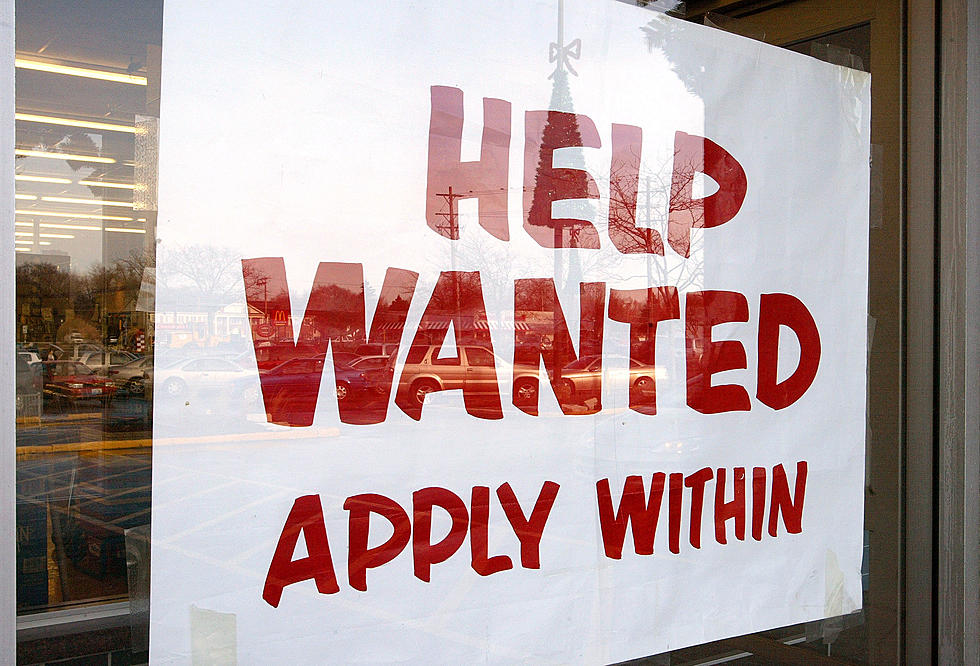![NJ Legislator Introduces Earned Sick Days Bill [AUDIO]](http://townsquare.media/site/385/files/2012/10/State-House.jpg?w=980&q=75)
NJ Legislator Introduces Earned Sick Days Bill [AUDIO]
More than 1.2 million New Jersey workers, 38 percent of the state's private-sector workforce, lack earned sick days, but that doesn't mean these employees don't get sick. It means they don't get paid if they have to stay home when they're ill.
Assemblywoman Pam Lampitt has introduced a bill that she calls a win-win for the Garden State.
"My bill says for every 30 hours worked they'll accrue one hour of leave capping it at what equals to nine days of sick time," explains Lampitt. "This only focuses on employees in the State of New Jersey, who are not currently earning sick time……This is to provide them the opportunity to utilize these earned hours to either care for themselves or care for a loved one."
The legislation will evolve and change, predicts Lampitt. She says she will get input from Garden State business leaders and labor attorneys in an effort to produce a final piece of legislation that is good for everyone involved. The hope is a minimum standard will promote a healthier workforce, stronger businesses and a more prosperous New Jersey.
The bill has the support of New Jersey Citizen Action and the New Jersey Time to Care Coalition.
"Every day, New Jersey's working families are faced with difficult choices," says Phyllis Salowe-Kaye, Executive Director of NJ Citizen Action and Co-chair of the NJ Time to Care Coalition, a diverse group of over 80 organizations that came together in support of policies like earned sick days. "Providing earned sick days would ensure that no one has to choose between a paycheck and caring for their own health or that of a sick family member. The Legislature should move quickly to pass the bill so families across the state can take time to care when they need it without fear of losing critical income or even their job."
Workers who follow doctor's orders have to worry about having enough money to keep the lights on or put gas in the car according to Salowe-Kaye. She says their loss of income is also a loss of spending for New Jersey's economy.
In New Jersey, 1 in 4 low-income workers have access to earned sick days. About 4 of 5 New Jersey food service and hotel workers don't have a single earned sick day and neither do the majority of those who staff child care centers, retail stores and nursing homes.
More From New Jersey 101.5 FM









